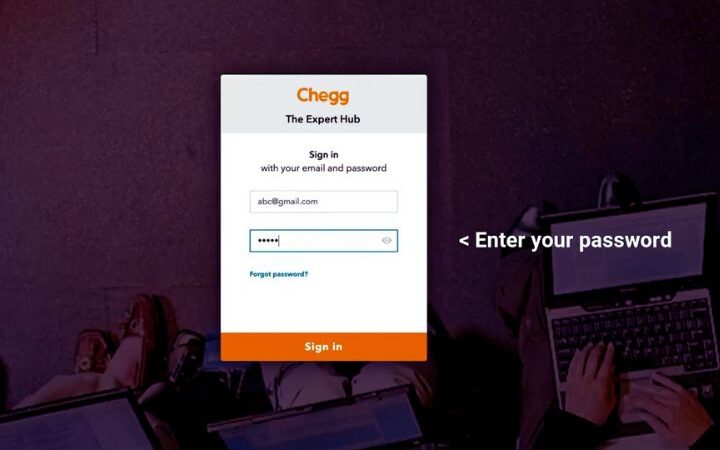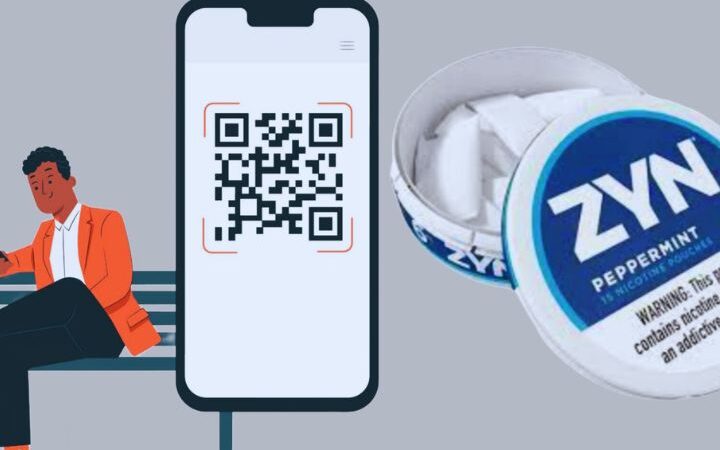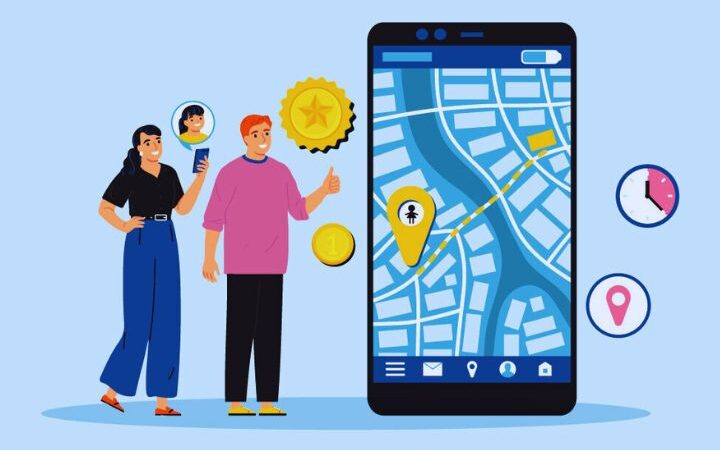Lessons From Remote Learning During COVID-19

Eighteen months ago, the COVID-19 pandemic had a devastating impact on education. Over 1.6 billion students were affected, and in response, many countries implemented different kinds of remote learning in their schools. Each country had different objectives and lessons learned from its approach.
In the initial phase of the worldwide pandemic, the emergency educational response around the world was about implementing modes of remote learning. Although the goal was to reach every student in the world, it was not entirely a successful attempt. With the pandemic evolving, the education responses have evolved as well. In many jurisdictions, schools have now either partially or completely reopened.
Keeping aside the obstacles of remote learning mode of education, students worldwide have benefited from one aspect, and that is language learning. Globalization requires almost every person to know at least more than two languages. And many people get discouraged while learning a language, because of the prolonged time it takes, and the availability of resources also comes into question. But with Preply, one can learn any language quite easily without much hassle. For example, if someone staying in the US, wants to learn Italian language, and cannot take offline classes due to the pandemic, can take lessons online. There are platforms that teach language classes hosted by professional and efficient language tutors. They also provide relevant and useful study materials and their teaching strategies are very effective.
There is still some more time needed to completely grasp the short-term, and the long-term effects of the crisis. The twin reports examine how the current crisis has widened inequalities, and also document the opportunity to rethink a model of education that no longer focuses solely on traditional school-based learning.
Table of Contents
What Can Be Found In Each Report?
Both these complementary reports have been developed at separate times during the pandemic. The first report pursues a qualitative research study to provide insights into the stances of education experts about the benefits of remote and reformative learning programs that are implemented in 17 countries. This study is divided into three main chronologically organized sections. The first one is about what can be learned from the education emergency responses coming from countries with low and middle income. In the second section, the effectiveness of remote learning across five countries has been studied. It includes discussion regarding the principal national education responses employed by Kenya, Nigeria, Brazil, Peru, and Sierra Leone as well as the apprehended usefulness of these strategies that ran till August from May 2020. The third section covers the topic of an analysis conducted across 13 countries regarding what goes well with remote and reformative strategies.
The second report uses mixed methods to scrutinize how the affected countries embraced the different strategies of remote learning, analyzing the adoption of these strategies and documenting the efficacy of remote learning during the pandemic whenever possible. Along with documenting lessons being learned, this report also provides the countries with propositions to reimagine future learning. This report strives to evaluate the lessons that can be learned from remote learning experiences during the pandemic in K-12 education, focusing on countries with low and middle incomes. It also addresses the question as to whether or not the children could learn equally from remote learning, as they did in offline classes before the pandemic. The lessons that governments derived from such a wide-spread experience, and how policymakers might use these assessments to redefine learning as schools are beginning to reopen are also raised as questions in this report.
Lessons Learned From The Twin Reports
The availability of technology is definitely a necessity in such a hostile scenario, but it’s not sufficient enough for effective remote learning. Many EdTech platforms have been developed to keep up the learning process despite the schools remaining shut for an indefinite period of time. These platforms have availed new opportunities to deliver education at a large scale. However, to strongly influence education technologically still remains a challenge.
Regardless of the learning modality, teachers play an important role. Regular and effective teacher training is essential to developing effective digital and pedagogical tools and supports for both remote and in-person settings.
Learning in the online mode can only be successful if it involves meaningful and effective intercommunication between the teachers and the students. This effective interaction can be attained by using appropriate technology.
As the number of families using the internet in their homes continues to rise, the online learning providers create an almost unlimited treasure trove of educational materials that can be accessed by students. As a result, parents are now playing a key role in supporting the effective use of technology in education. The involvement of parents plays a balancing role in mitigating some of the impediments of remote learning. Combined with other strategies implemented by remote schools and teacher professional development programs, this participation is being leveraged to optimize educationally effective online experiences.






